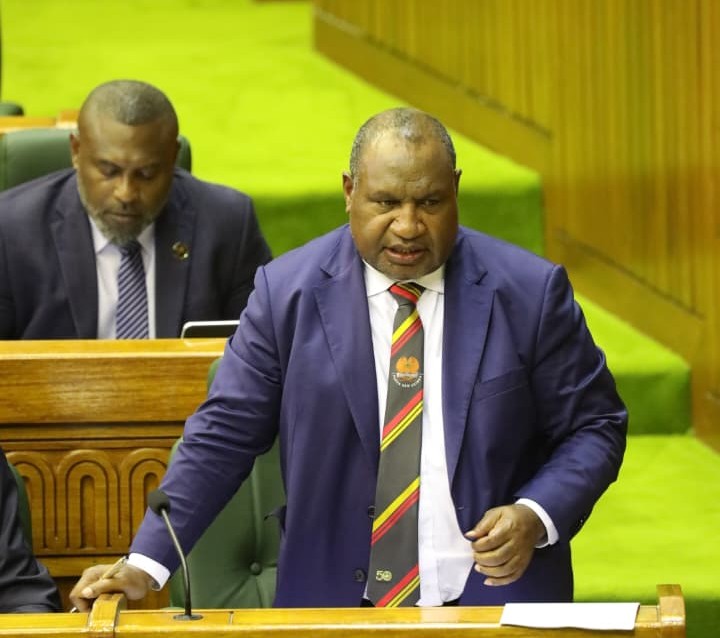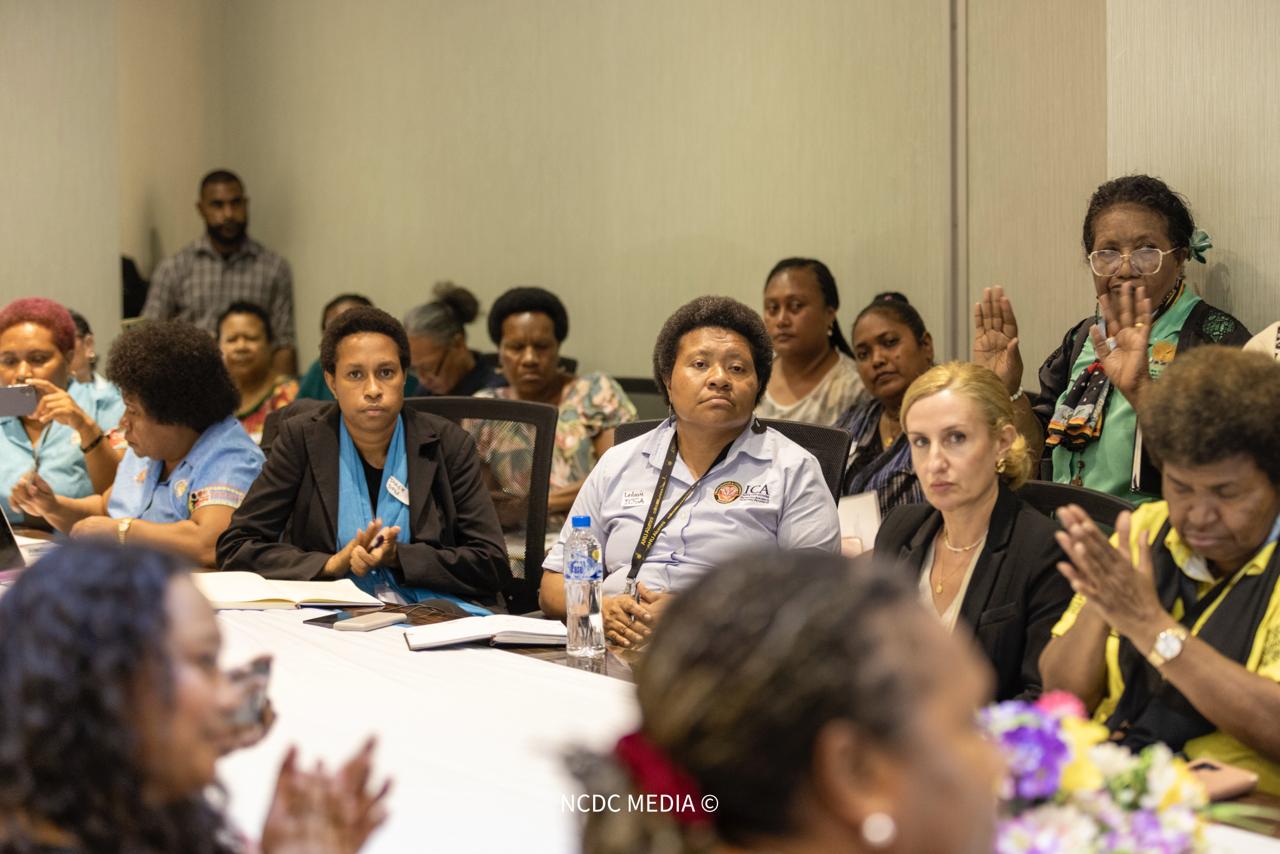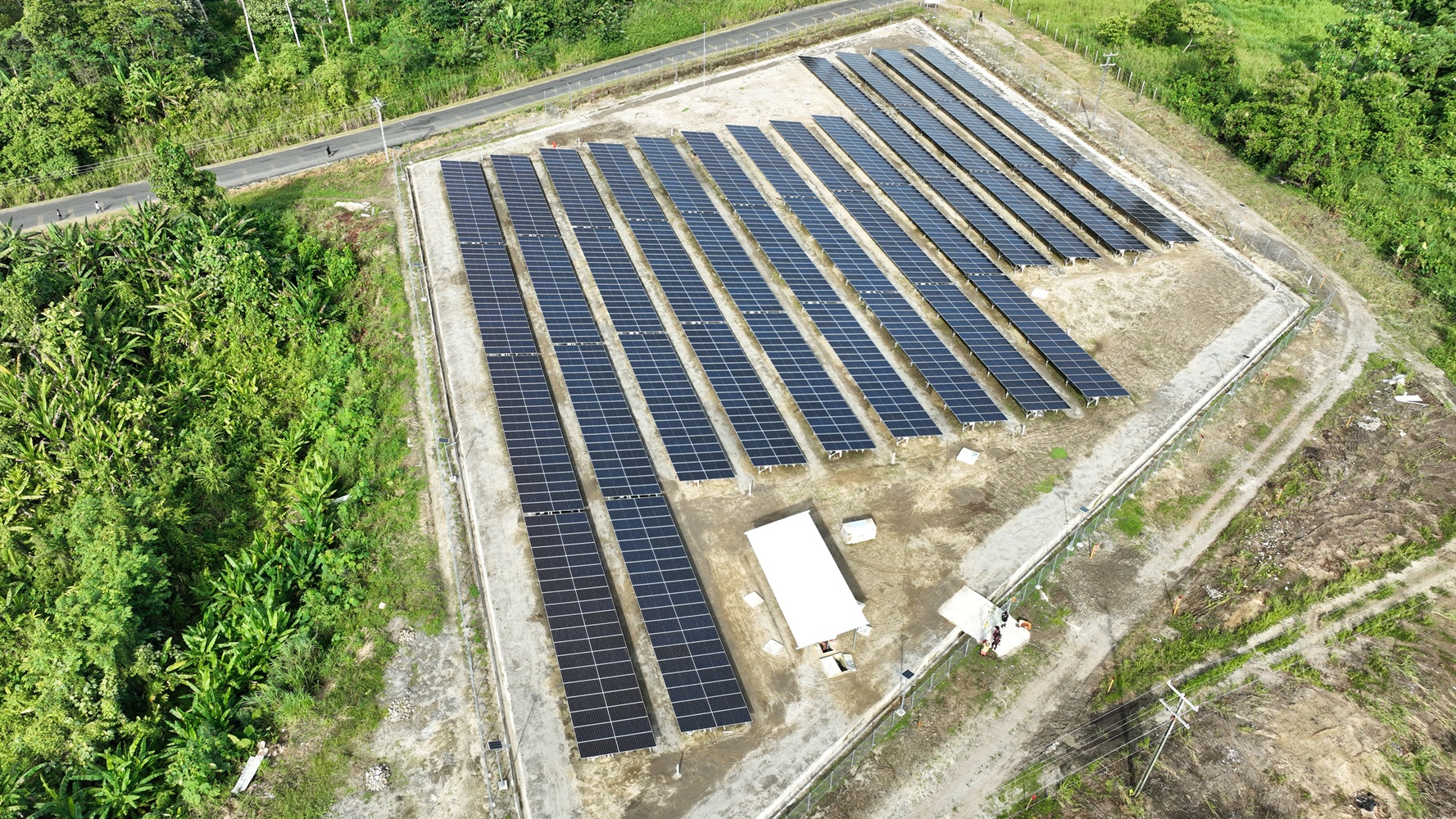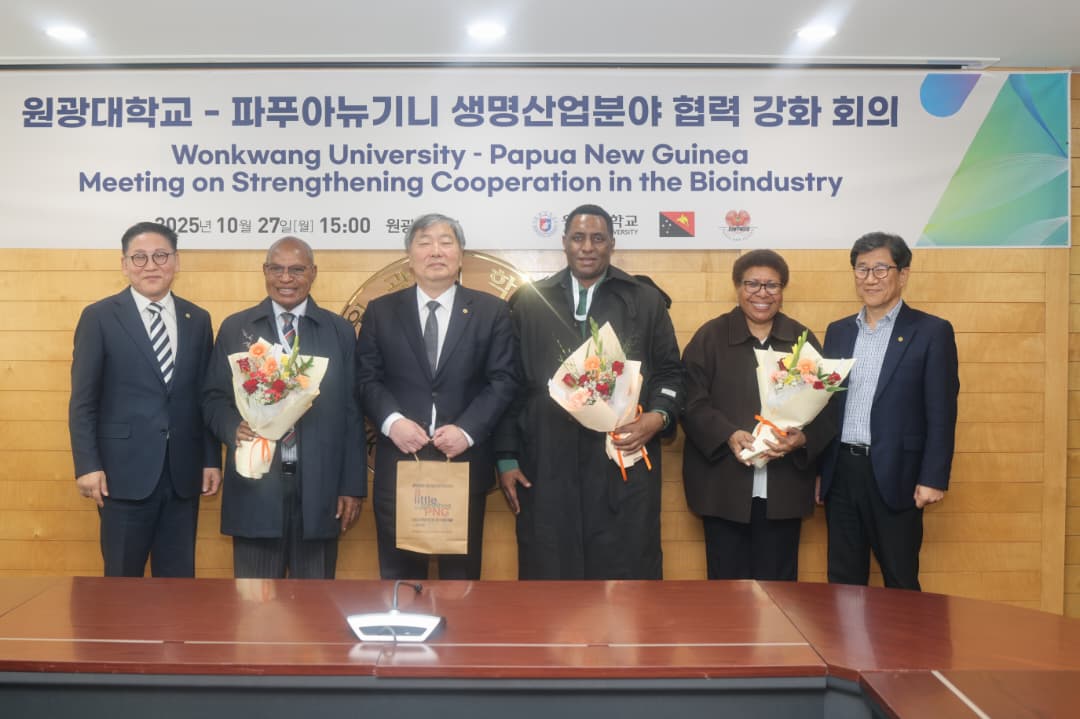The general public will now be given the opportunity to be informed on the roles of key stakeholders in the upcoming 2022 National General Elections.
PNG National Research Institute (PNGNRI) Acting Director Dr Osborne Sanida said the Institute is aware of the importance of the 2022 National General Elections therefore it has approved a program focusing on issues relating to election preparation, election observation and post-election governance matters.
“Considering this, I have invited key agencies that have a key role to play in the effective and efficient preparation for a successful 2022 PNG National General Elections,” Dr Sanida said.
“We have invited Department of Local and Provincial Government Affairs (DLPGA), the Office of the Clerk of Parliament, the Royal PNG Constabulary, National Broadcasting Corporation (NBC), PNG Electoral Commission, Electoral Boundaries Commission, and the Office of the Integrity of Political Parties and Candidates Commission to make presentations on their roles in preparation for a successful 2022 PNG National Elections,” Dr Sanida added.
The council has resolved to engage with the PNG Electoral Commission, the Integrity of Political Parties & Candidates Commission (Registrar of Political Parties), National Broadcasting Corporation, Office of Prime Minister, Office of Opposition Leader and the National Parliament to commence the weekly Seminar Series.
“We are hopeful of having these presentations throughout this month and considering the current measures on COVID-19, attendance is limited to 20 persons but going forward, we will also provide an option for online attendance through relevant online platform.”
Presentations by the 46 registered political parties will be from November to December 2021 with eight political parties per week.
“All political parties’ executives will be given opportunity to outline their philosophies, policies and election platforms to be followed by Party Leaders.”
“This is to enable the political parties to outline and publicise their visions and polices, open up for debate and scrutiny.”
“These presentations will provide much needed information for the wider public in the interest of good governance and a free and fair election,” Dr Sanida said.






